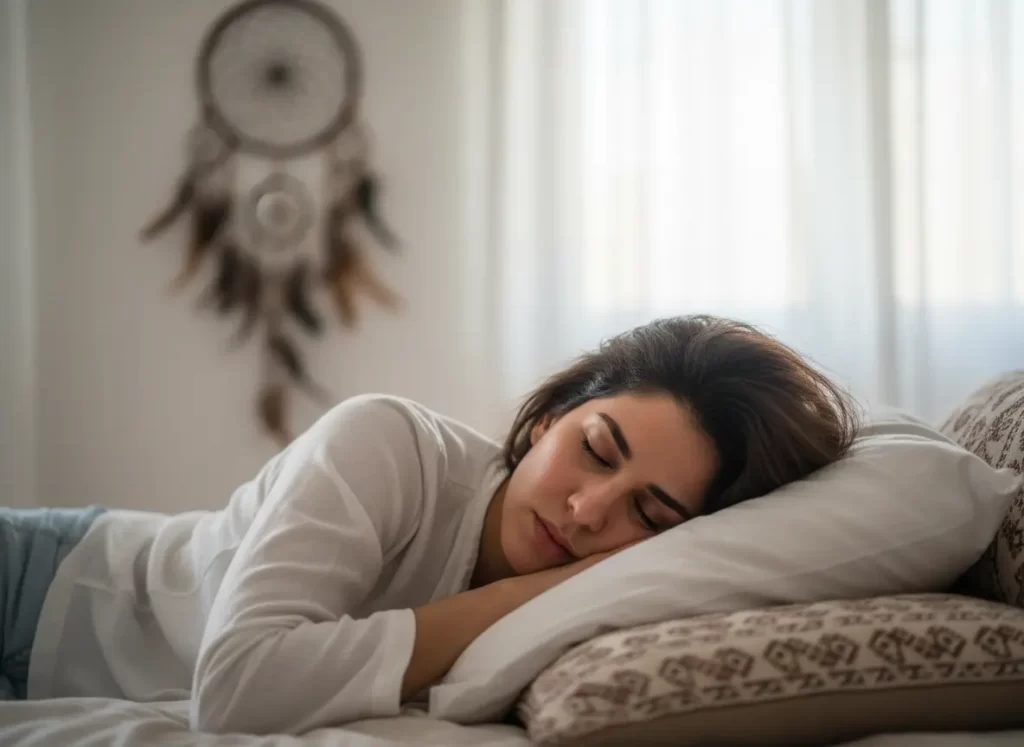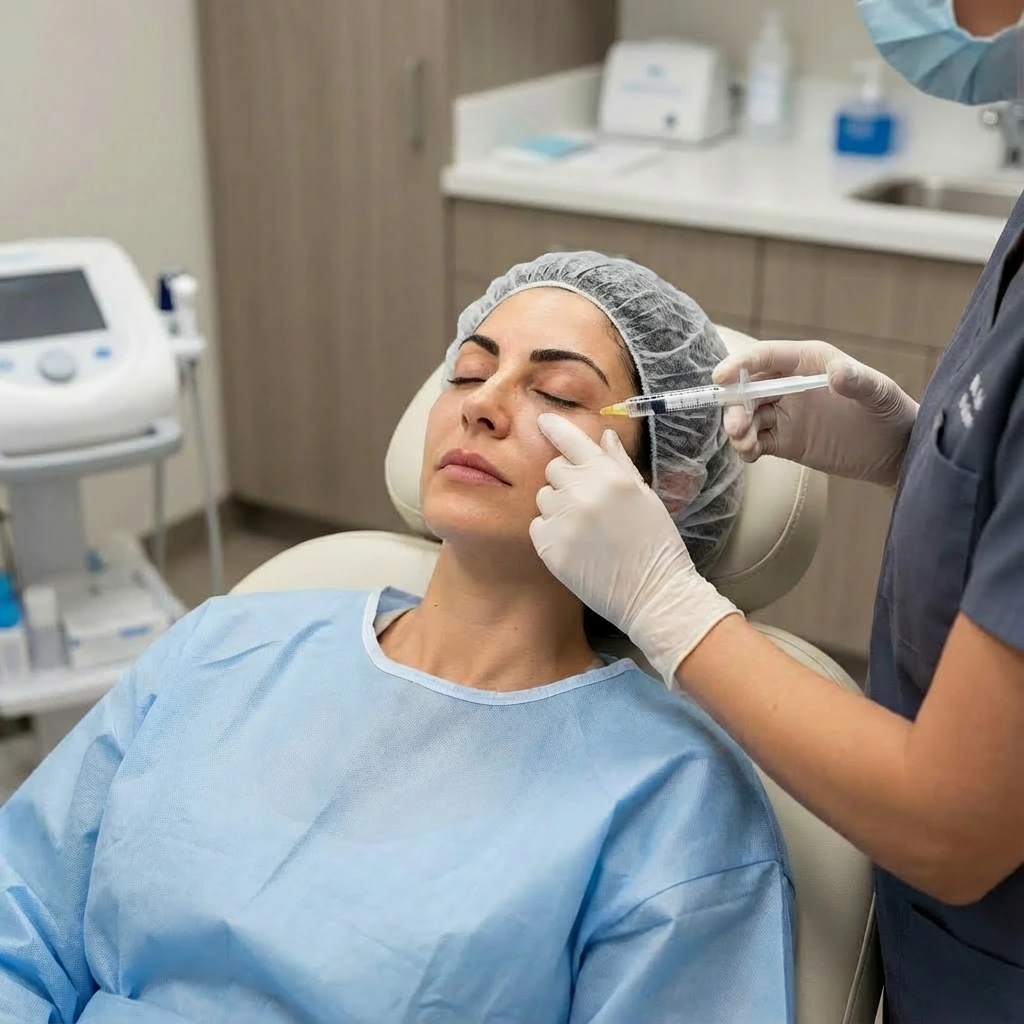Left Hemisphere:
- Responsible for logic and analysis.
- Focuses on language, speech, and writing.
- Good at mathematics and solving problems step by step.
Right Hemisphere:
- Responsible for creativity and imagination.
- Focuses on art, music, and the ability to recognize faces.
- Helps us perceive the big picture and emotions.
So does that mean a person uses only half of their brain? Of course not. No one functions with just half a brain.
The proof is simple: when you listen to a song, you understand the lyrics, feel the emotions, and enjoy the melody all at the same time.
This perfect coordination shows that both hemispheres are always working together.
But here comes the real question
What happens when this balance is disrupted?

In today’s fast-paced world, constant notifications, multitasking, and mental overload force the brain to switch rapidly between tasks. Instead of working in harmony, the brain becomes overstimulated, leading to poor focus, mental fatigue, and difficulty completing even simple tasks.






























